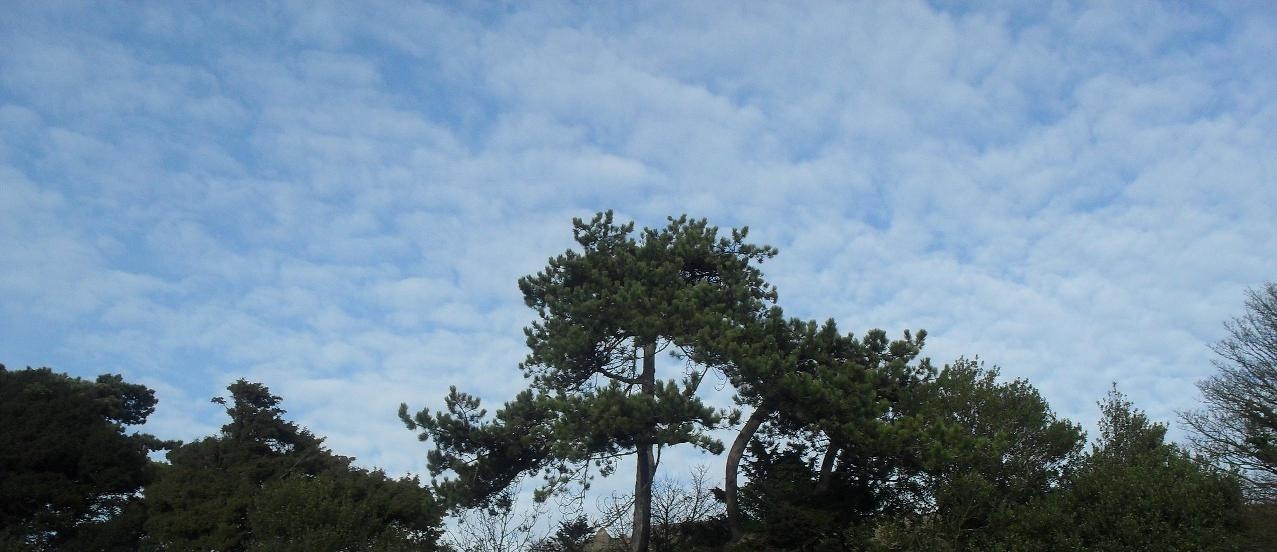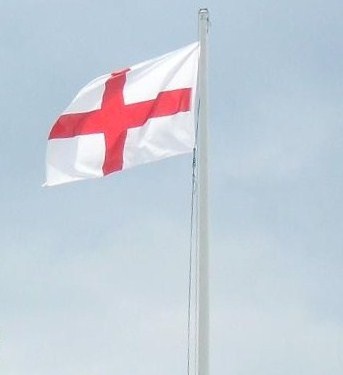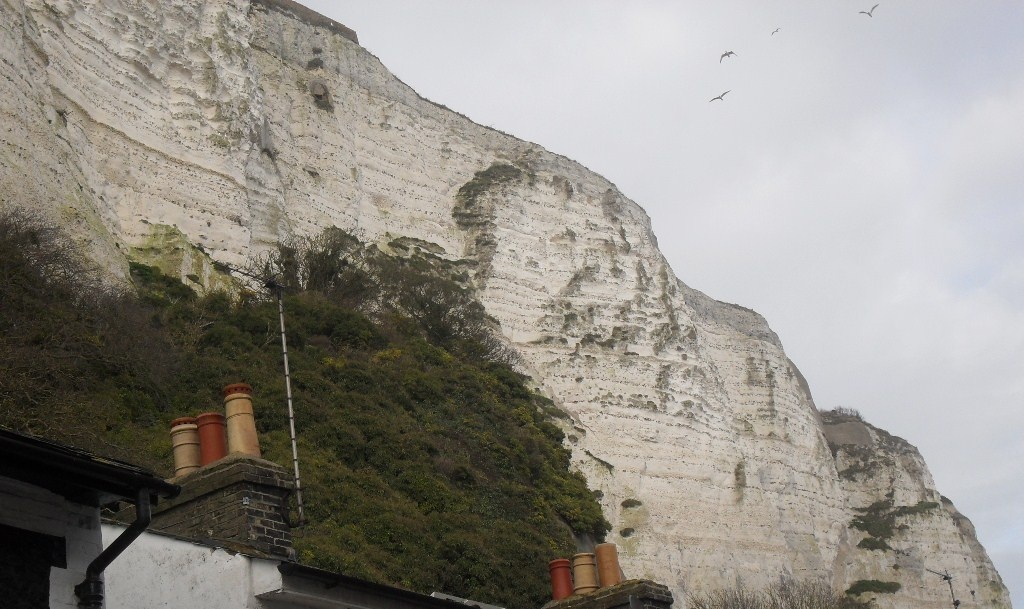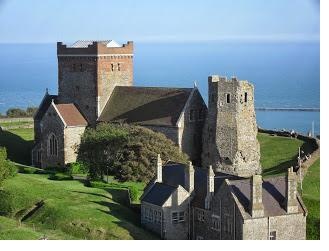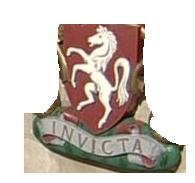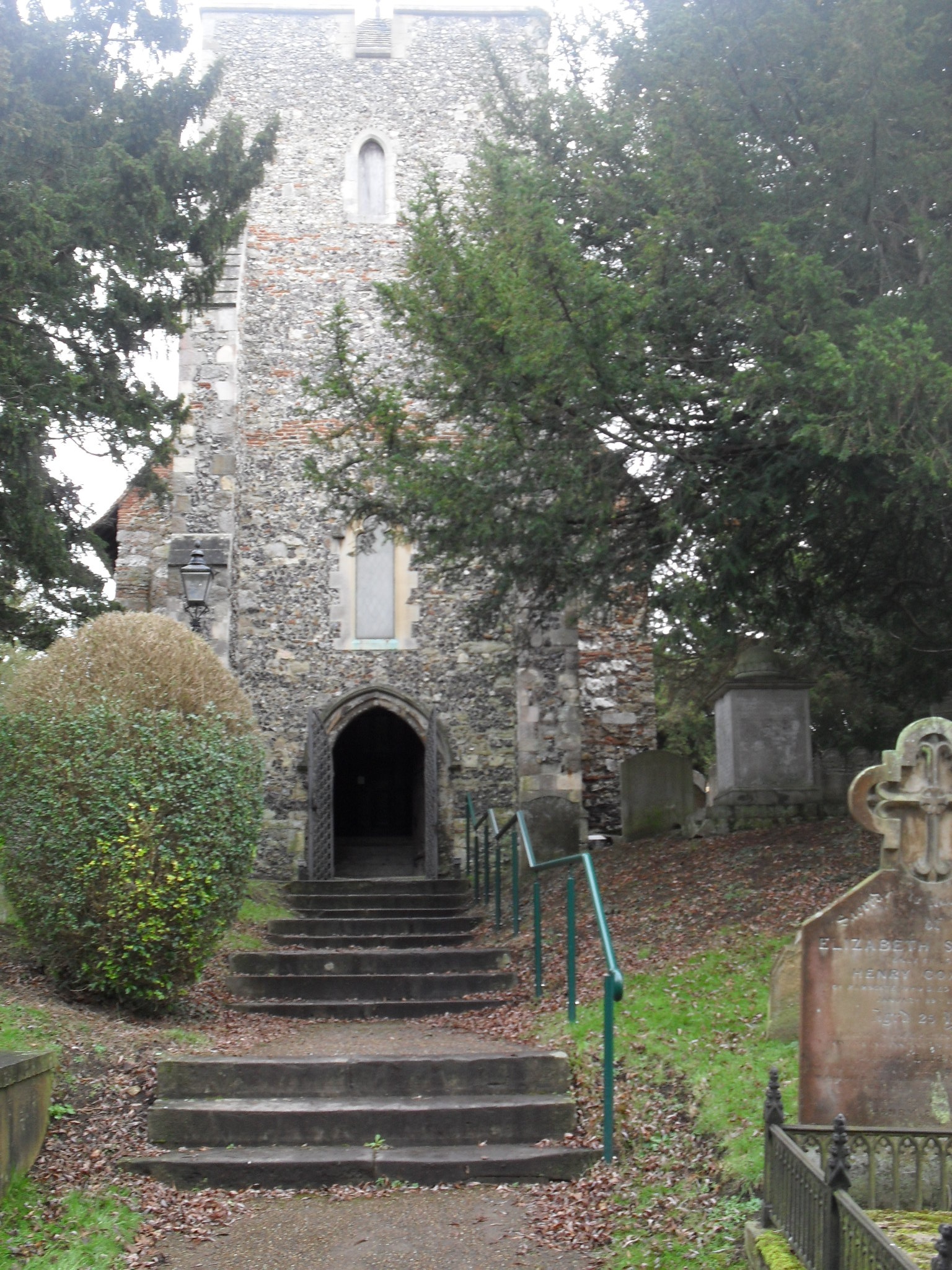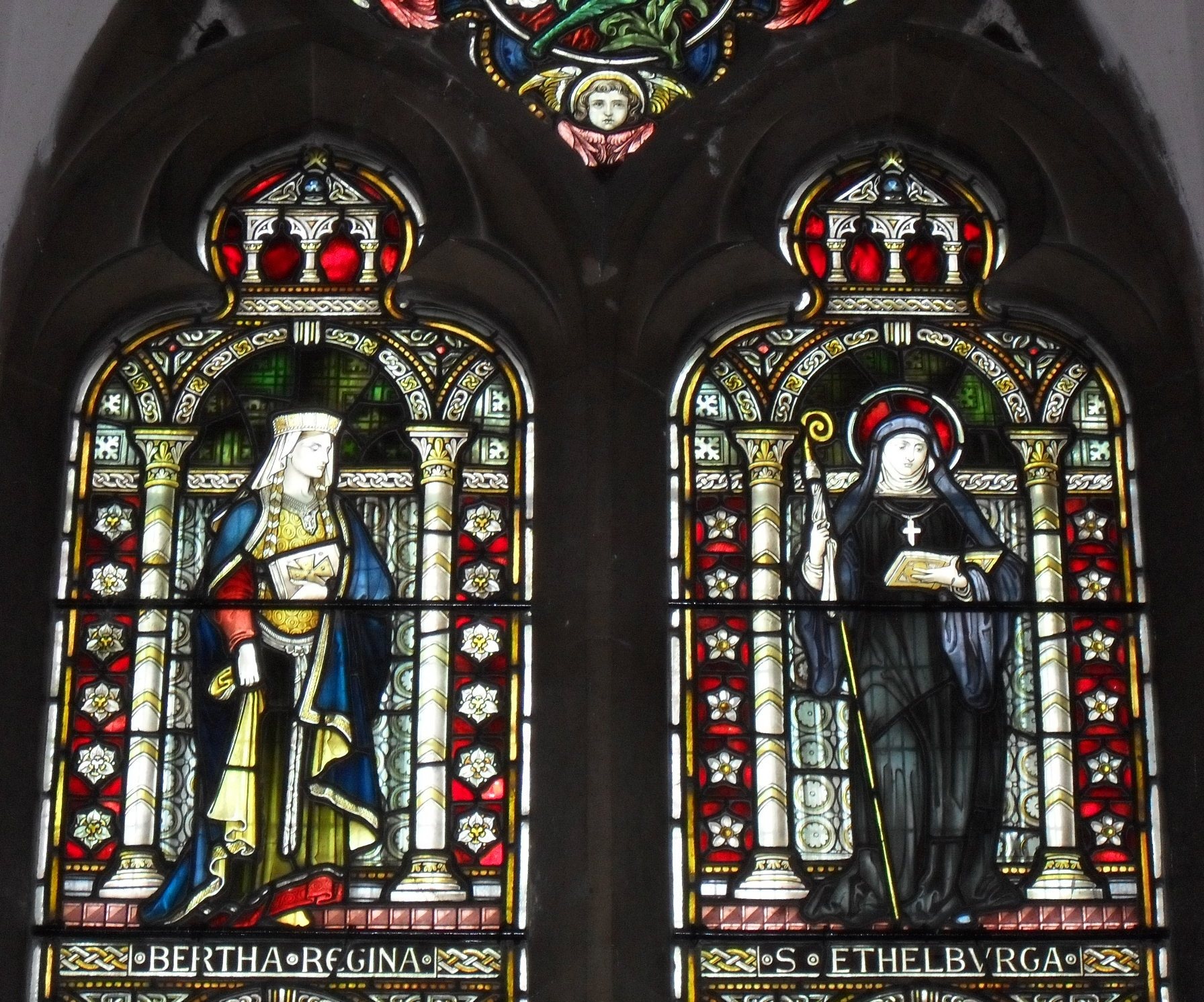Original Socialism
In its origins, Socialism was a movement among workers in factories and in mines that started in the nineteenth century during the Industrial Revolution.
People wished to work acceptable shifts, not 14 hours a day, six days a week. They wished to have an income that would be sufficient to live decently on. They sought to have a guarantee for work-related accidents and for lost employment due to sickness.
The unions managed to gradually bring about many of the original aims of Socialism and people were able to work acceptable shifts that enabled them to look after their family and even purchase a house.
The End of Social Values
Socialist values have been swept away under the European Union, starting with the Common Market.
In the 1970s, the UK government introduced a policy of encouraging factories in Britain to close down and to take up production in the Far East of Asia, to then import the products to Britain at fractional prices.
Starting around 2004, Britain's doors were opened to a mass invasion of eastern European workers who would work for the minimum UK wage and earn around five times more than they would in their own country for the same work, once the value of their wages in pound sterling was calculated in their home currency.
In exchange for this advantage, they were mass recruited in eastern Europe by work agencies on zero-hour contracts.
This meant that they could be laid off at any given moment without explanation, and they would in any case be paid only for the hours they worked. There would be no sickness payments, no holiday pay, no right to union membership.
As a result, even if a worker from eastern Europe managed to hold out for two or three months in England doing shifts in factories or on farms before being laid off, they'd have earned the same as they would have in their own country in a whole year - or even longer.
The Work Agency System Continues
Around the start of the year 2014, Romania and Bulgaria were added to the list of eastern European countries that could flood Britain with masses of workers.
In Romania and Bulgaria, a house for sale in good condition and with adjacent land starts at less than £2,000, and the average minimum wage (although not legally defined in these two countries contrary to Britain) is around 150 to 170 euro a month, which is the equivalent to about 120 to 135 pound sterling.
So now we have a mass influx of mostly Romanians coming to England, competing with the Poles and Lithuanians and Latvians.
And so the cycle goes on.
National Socialism
It is clear to see that true Socialism is National Socialism, because it goes back to the original ideals of the social contract, which is that work should be available for the local population in any given area at a decent wage and with a guarantee to holiday money and to payment in case of sickness and work-related accidents.
The idea that a population in a country should have the work denied and simply sit around while people from other countries flock over and get the jobs owing to their superior motivation - because they are earning many times more than in their own country - is as far away from Socialism as the devil is from truth.
Social ideals only ever have a sense when the Folk is sovereign in its own land. Once this essential right is taken away, the greedy and lazy elites will have a field day destroying a nation and replacing it with highly motivated cheap labourers.
All for their own greedy financial gain.
Does anyone remember the Labour Party election-campaign lie:
"British jobs for British people"?
Well the greedy elites who dictate the Agenda from behind closed doors went laughing all the way to the bank!
